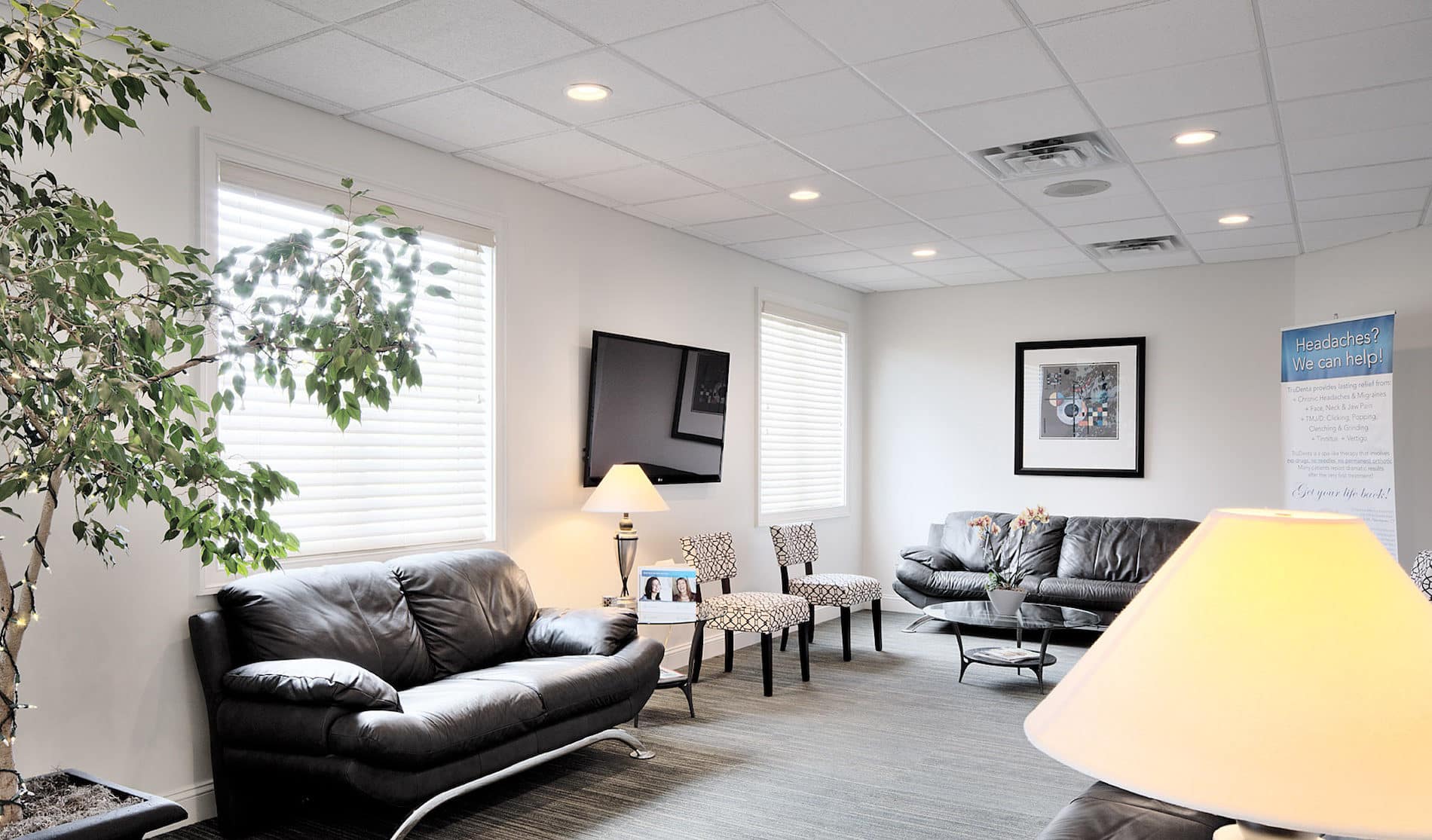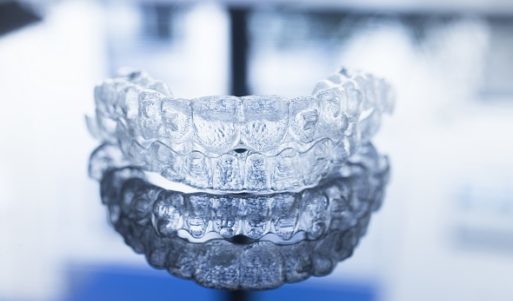 If you snore, then your sleeping partner might lose sleep regularly because of the noise, which can cause you to lose sleep if your partner jolts you awake to stop. However, there’s a more significant way in which snoring can seriously affect the quality of your sleep, especially if it indicates the presence of obstructive sleep apnea (OSA). Not everyone who snores suffers from OSA, but if you do, then your snoring can be causing you to periodically lose sleep without you realizing it.
If you snore, then your sleeping partner might lose sleep regularly because of the noise, which can cause you to lose sleep if your partner jolts you awake to stop. However, there’s a more significant way in which snoring can seriously affect the quality of your sleep, especially if it indicates the presence of obstructive sleep apnea (OSA). Not everyone who snores suffers from OSA, but if you do, then your snoring can be causing you to periodically lose sleep without you realizing it.
Snoring and Sleep Apnea
Snoring is common, and affects millions of people to varying degrees. For many, the reason snoring is occurs is because the airway becomes partially clogged by oral tissues as they sleep. In cases of sleep apnea, this blockage grows until the airway is completely closed off, forcing you to stop breathing until your body wakes to forcibly clear the airway.
The trouble with sleep apnea is that because the interruptions don’t typically force you awake, the condition is often mistaken as just an exaggerated case of snoring. The truth, though, is that these interruptions can occur hundreds of times in a single night. Therefore, they can prevent you from ever entering the deep levels of sleep that you need to reach to rest properly.
How to Treat Sleep Apnea
Patients with severe sleep apnea, or who have OSA due to congenitally misshapen oral tissues, may require oral surgery or the use of a continuous positive airway pressure (CPAP) machine. Yet for mild to moderate cases of sleep apnea, patients can often find relief in a more comfortable and conservative alternative.
If you suffer from sleep apnea, then your dentist may be able to custom-design a nighttime oral appliance that helps keep the lower jaw forward and airway clear. With the appliance, you can finally breathe easily and sleep soundly through the night.







